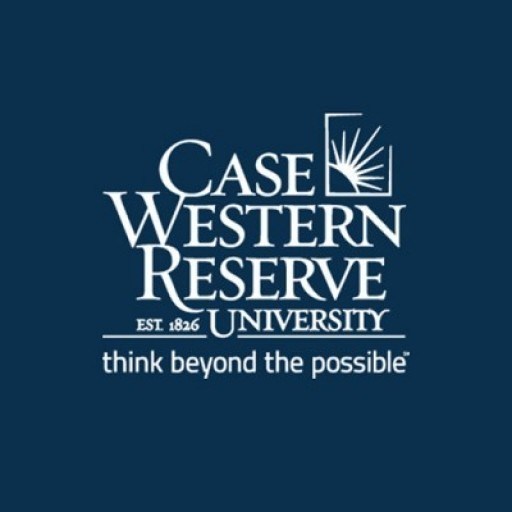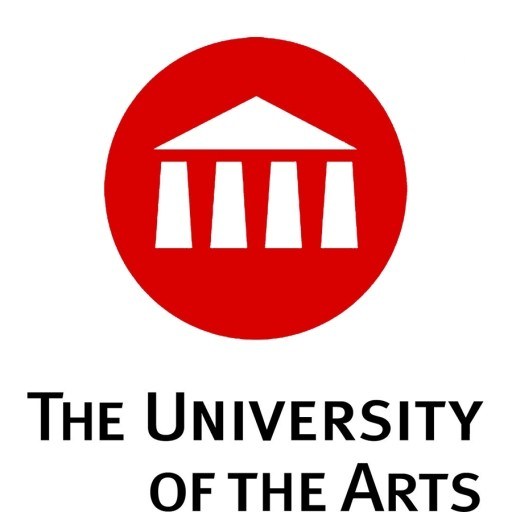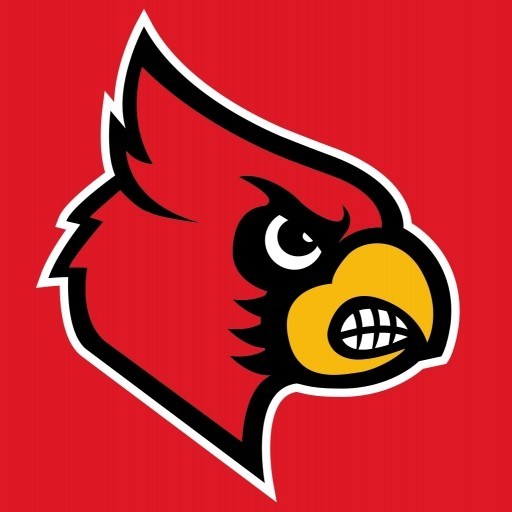Photos of university / #cwru
As provided for by the School of Graduate Studies there are two plans for the Master of Science degree, each requiring 27 semester hours of credit. Plan A requires 9 semester hours of thesis (EECS 651) and 18 semester hours of courses. Plan B requires a 6 semester hour project (EECS 602) and 21 semester hours of course credit. Plan B is normally restricted to part-time students or exceptional cases as approved by the faculty affiliated with the Computer Science (CS) program.
All coursework must be at the 400-level or higher. Students must achieve a grade point average of 3.0 or higher; it is computed for all of the courses, excluding project and thesis credits, on the student's program of study.
Each M.S. student has a faculty advisor who assists the student in formulating a program of study. Initially, the advisor is the chair of the CS graduate committee. Students are expected to pick a research advisor by the end of their first semester in the program who will supervise their thesis or project. Each student, in consultation with their advisor, must submit a Planned Program of Study preferably before completing 9 credit hours of coursework.
Both the thesis and the Plan B project require a formal written report, as well as a final oral examination by a committee of at least three faculty members, two of whom must be primarily affiliated with the CS program. A student whose thesis is supervised by someone not primarily affiliated with the CS program must also have a faculty co-advisor in the CS program. For Plan B students, the oral examination fulfills the Comprehensive Examination requirement of the School of Graduate Studies.
When applying to this program, please select the CIS (Computing and Information Sciences) program option in your application.
The M. S. program in Computer Science requires students to have substantial knowledge of undergraduate computer science material. This includes knowledge in data structures, algorithms and operating systems equivalent to that in the courses:
- EECS 233 Introduction to Data Structures
- EECS 340 Algorithms and Data Structures
- EECS 338 Introduction to Operating Systems
This requirement is normally satisfied by taking courses at the student's undergraduate university which contain most of the material in the above courses. Students deficient in one or more of these areas may be required to satisfy this requirement by taking the corresponding course listed above. A student taking and passing a more advanced course in an area automatically demonstrates knowledge of the material in the area; e.g. taking EECS 454 Analysis of Algorithms demonstrates knowledge of the material in EECS 340.
Students are required to have specialized knowledge in at least one of the following tracks, by taking at least three graduate level classes from that track. The list of acceptable classes is shown below. Generally, the chosen track should correspond to the student’s thesis research area or project. EECS 600 (Special Topics) classes relevant to the student’s research area or project will also qualify in this category with approval from the student’s advisor.
The remaining classes can be (i) any other class from the classes listed below, or (ii) any CS-related class offered by EECS, or (iii) graduate level classes in other departments necessary for the student’s research or project. At most two classes can be from the third category.
List of tracks and corresponding courses
- Software Engineering:
- EECS 441 Internet Applications
- EECS 442 Causal Learning from Data
- EECS 444 Computer Security
- EECS 466 Computer Graphics
- EECS 493 Software Engineering
- Algorithms & Theory:
- EECS 440 Machine Learning
- EECS 454 Analysis of Algorithms
- EECS 477 Advanced Algorithms
- MATH 408 Intro to Cryptology
- Computer Systems, Networks and Security:
- EECS 425 Computer Networks
- EECS 441 Internet Applications
- EECS 444 Computer Security
- MATH 408 Intro to Cryptology
- Databases and Data Mining:
- EECS 405 Data Structures and File Management
- EECS 433 Database Systems
- EECS 435 Data Mining
- EECS 439 Web Data Mining
- EECS 440 Machine Learning
- Bioinformatics:
- EECS 435 Data Mining
- EECS 440 Machine Learning
- EECS 454 Analysis of Algorithms
- EECS 458 Bioinformatics
- EECS 459 Bioinformatics for Systems Biology
- Artificial Intelligence:
- EECS 440 Machine Learning
- EECS 442 Causal Learning from Data
- EECS 484 Computational Intelligence
- EECS 491 AI: Probabilistic Graphical Models
- EECS 496 AI: Sequential Decision Making
- EECS 497 Statistical Natural Language Processing
- EECS 499 Algorithmic Robotics
- EECS 531 Computer Vision
Requirements
- Applicants must have a good academic record, e.g., a B-average or rank in the upper third of his or her graduating class at an institution whose status and programs are readily assessed.
- Applicants must meet all of the undergraduate prerequisites for the proposed field of graduate study.
- Statement of Objectives — Some programs have this built into the application. If not, create your own using "Statement of Objectives" as the heading. The statement should be one to two pages and include your purpose in undertaking graduate work as well as an explanation of your study and research interests as they relate to your undergraduate/graduate study and professional goals.
- Academic Transcripts – You are required to identify all post-secondary educational institutions you have attended on your application form, and to submit an official transcript from each. Admission to the School of Graduate Studies is conditional on final certification of degrees awarded. Note to International Students: Documents in languages other than English must be accompanied by certified translations in English.
- Letters of Recommendation - Three letters of recommendation must be submitted from those individuals sufficiently familiar with you, and who can assess your academic preparation, abilities and accomplishments. Letters should be from your most recent instructors in your proposed field of study. If you have been out of school for several years, one letter may be from your employer, supervisor or other person familiar with your most recent activities.
- Test Scores – Your department will identify required standardized tests. When you fill out forms for these use 1105 as the institutional code for Case Western Reserve University. The School of Graduate Studies will forward all official score reports of standardized tests (GRE, TOEFL, etc.) to the program of interest. The department will inform you which standardized tests are required for your program. International students whose first language is not English must demonstrate English proficiency by taking the Test of English as a Foreign Language (TOEFL) and earn a minimum score of 577 if paper-based, or 90 if Internet-based. The International English Language Testing System (IELTS) is also accepted. The minimum acceptable score is 7.0. Some departments may require higher scores. International applicants cannot be admitted without receipt of an acceptable official TOEFL score. The TOEFL is valid for two years after the test date. The GRE is valid for five years after the test date.
- Application Fee - A nonrefundable application fee of $50 is required for each application submitted.
Scholarships
- Global Education





